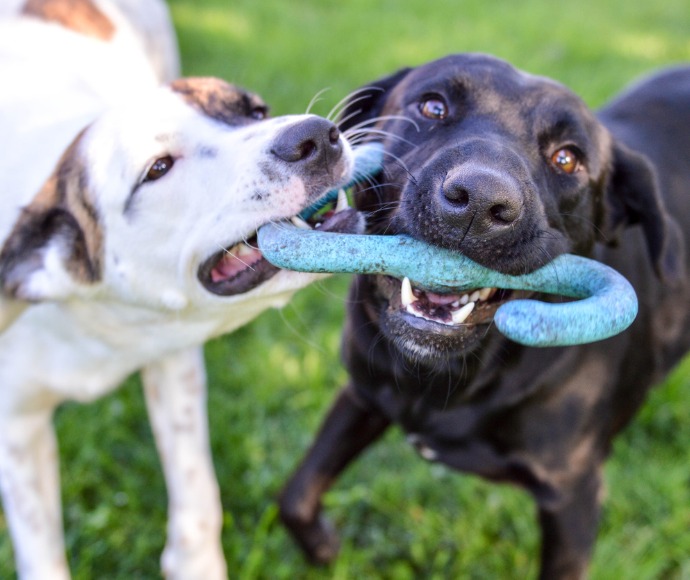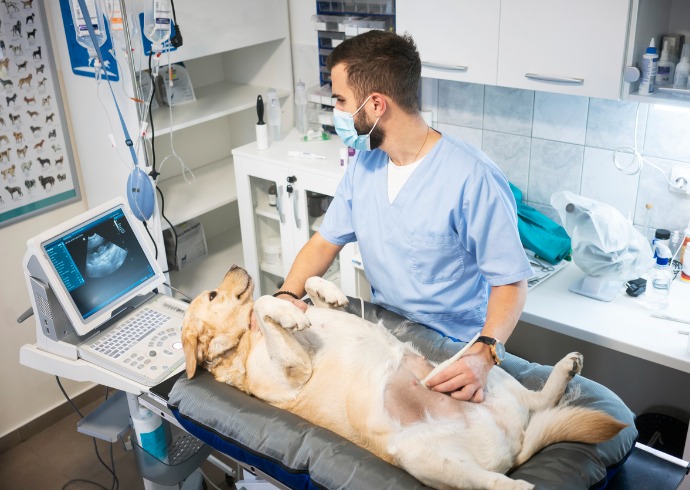What Happens During A Pet Checkup At Animal Clinics In Bainbridge GA
Regular checkups at an animal clinic are essential for maintaining health and well-being of your pets. Veterinarians conduct comprehensive examinations during the visits to assess the pet’s overall condition, detect potential health issues, and provide preventive care. They ensure that your furry friends receive the care they need to stay healthy and happy throughout their life. Join us as we take you through what typically happens during a pet checkup at Animal clinics in Bainbridge GA.
Arrival and Check-In
Pet owners always check in at the front desk upon arriving at our animal hospitals. This is when they provide pet’s medical history and any relevant information about their current condition. Be prepared to share details about the diet, exercise routine, and any behavioral changes you’ve noticed. Your local veterinarians may request a stool sample, especially if your furry friend is due for parasite testing or if you suspect gastrointestinal issues. Providing accurate information at this stage helps the veterinarians tailor the checkup to your pet’s specific needs.
Physical Examination
The core of a pet checkup at the veterinary clinic is the physical examination. Our veterinarians thoroughly examine your furry friend from head to tail. This examination typically includes:
Body Condition Assessment: The veterinarian evaluates your pet’s weight, body condition score, and muscle tone. This assessment helps determine if the pet is at a healthy weight and fitness level.
Eyes and Ears: We check the pet’s eyes for signs of inflammation, discharge, or cataracts. Also, our vets inspect the ears for redness, swelling, or excessive earwax.
Oral Examination: Dental health is crucial for pets. The vet examines your pet’s mouth, teeth, and gums for signs of tartar buildup, dental disease, or other oral issues.
Skin and Coat: Skin conditions, allergies, and parasites can affect pet’s skin and coat. We look for abnormalities, fleas, ticks, or hot spots.
Heart and Lungs: Our vets use a stethoscope to listen to the heart and lungs. Any irregularities in heartbeat or breathing patterns may indicate underlying issues.
Abdomen: Palpating the abdomen helps us to assess the size and condition of organs like the liver, kidneys, and bladder. This can reveal abnormalities or tenderness.
Vaccinations and Preventive Care
Based on your pet’s medical history and age, we will recommend or administer necessary vaccinations. Preventive care is a crucial aspect of pet checkups. This may include vaccinations against common diseases, flea and tick prevention, heartworm prevention, and deworming. Our veterinary specialists will discuss the importance of these preventive measures with you and develop a schedule for future vaccinations and treatments.
Laboratory Tests
Depending on the health status and any specific concerns, the vets may recommend laboratory tests for the pet. These tests can include blood work, urinalysis, fecal analysis, or diagnostic imaging like X-rays or ultrasounds. Our laboratory tests provide valuable insights into pet’s internal health and can help detect underlying conditions. We do the test to investigate other conditions that may not be apparent during the physical examination.
Discussion and Recommendations
Our veterinarians will sit down with you to discuss their findings after completing the physical examination and any necessary tests. They will provide recommendations for ongoing care, dietary changes, medications, or further treatments if needed. This discussion is an opportunity for you to ask questions and address any concerns you may have about your pet’s health and well-being. The experts at veterinary hospitals will work with you to develop a personalized care plan tailored to a pet’s unique needs.


